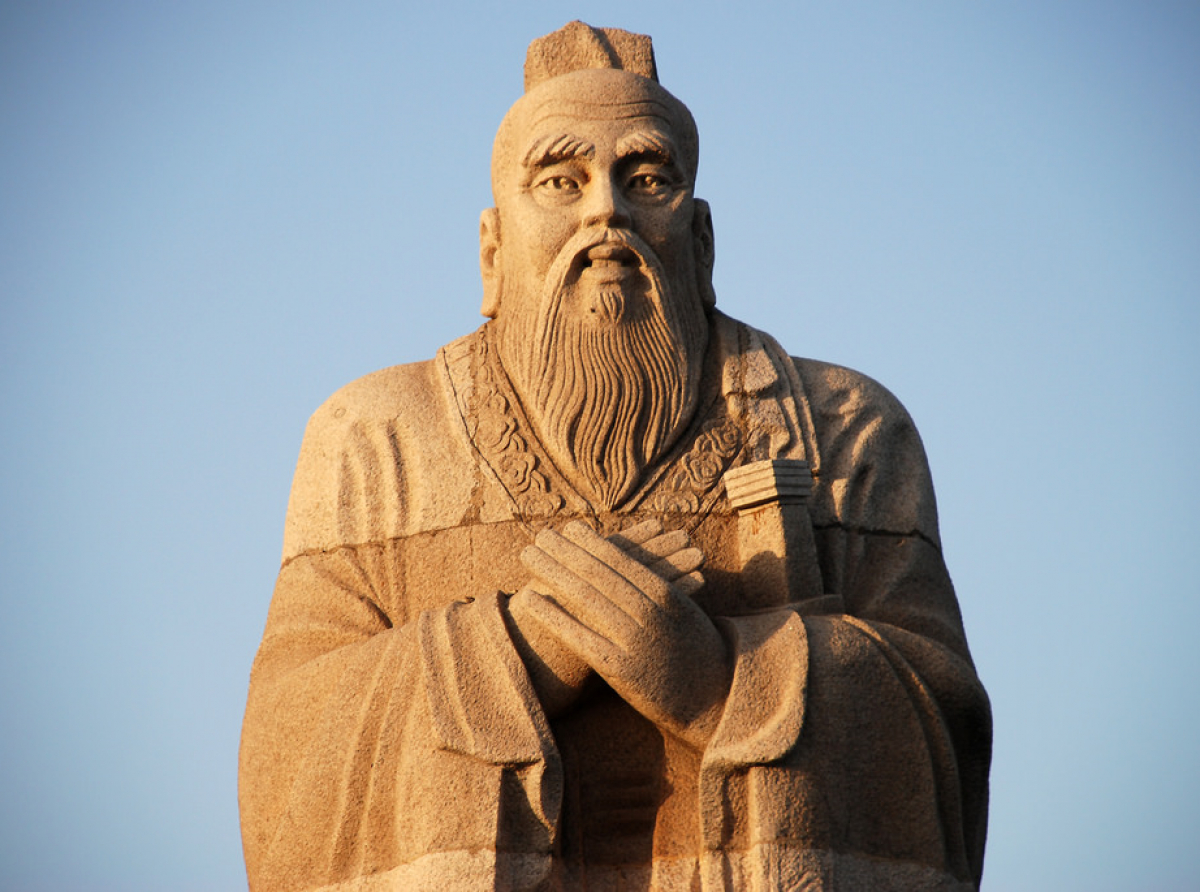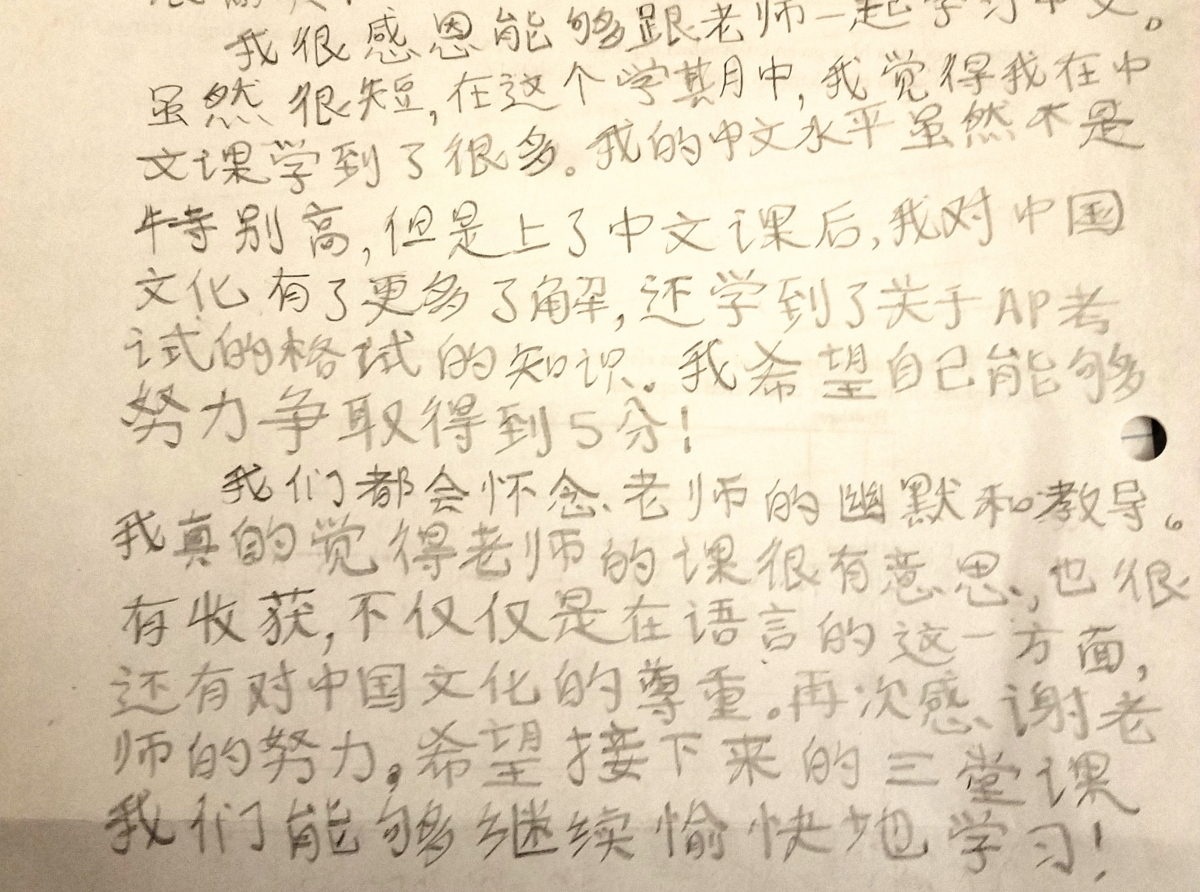[中文版本]
Confucianism is a philosophical and ethical system developed from the teachings of Confucius (Kong Fuzi), a Chinese thinker and educator who lived from 551–479 BCE during the Spring and Autumn period of Chinese history. Rather than focusing on gods or the afterlife, Confucianism emphasizes how to live a good life in society — with harmony, respect, and responsibility at its core.
At the heart of Confucianism are a few key concepts:
- 仁 (rén) – Humaneness or kindness: The idea that people should treat each other with compassion and empathy.
- 礼 (lǐ) – Ritual, manners, or proper behavior: Respecting traditions and social roles helps maintain order.
- 孝 (xiào) – Filial piety: A deep respect for parents and ancestors.
- 义 (yì) – Righteousness or moral integrity: Doing what is right, not just what is profitable.
- 智 (zhì) – Wisdom: Understanding how to make thoughtful, ethical decisions.
Confucius believed that if everyone followed these principles, society would be harmonious and stable. Confucianism puts a strong emphasis on social relationships. It teaches that people should act morally in their roles, such as:
Parent and child
- Ruler and subject
- Husband and wife
- Older sibling and younger sibling
- Friend and friend
- Each relationship involves mutual respect and responsibility.
In Chinese history, Confucianism was more than a belief system — it shaped education, law, and government for centuries. Civil service exams during imperial China tested knowledge of Confucian texts, meaning that government officials were trained in Confucian thought. Confucianism teaches that a good ruler should act as a moral example rather than rule by force. This idea influenced leadership across East Asia.
Confucianism has deeply influenced not only China, but also Korea, Japan, and Vietnam. Even today, Confucian values like respect for elders, education, and family loyalty remain important in many Asian cultures.
In the modern world, some criticize Confucianism for being too hierarchical or restrictive, especially regarding gender roles. However, many scholars see it as a flexible and evolving tradition that still offers wisdom on how to live ethically in community with others.
Confucianism is not a religion in the Western sense, but a living philosophy that has shaped entire civilizations. It asks people to focus not on what happens after death, but on how to live well, respect others, and contribute to society. Its timeless emphasis on character, harmony, and duty continues to influence millions around the world today.







